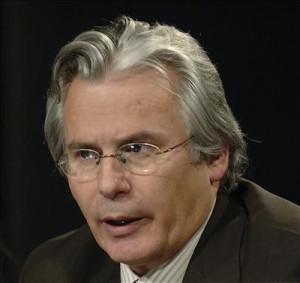Garzón and the selective application of international law
 Guénaël Mettraux writes an incisive op-ed for the International Herald Tribune :
Guénaël Mettraux writes an incisive op-ed for the International Herald Tribune :
The reaction to Garzón’s latest investigative efforts and the Brazilian Supreme Court’s recent upholding of a law of amnesty that applies to the crimes of Brazil’s military dictatorship are powerful reminders that states can still decide what to do with their past, even when that past involves mass atrocities. (…) Despite repeated assertions that a body of universal criminal prohibitions applicable to all has grown from these values, they remain to a large extent “le droit des autres,” a set of rules that we seem content to apply to others, but not to ourselves. The “others” are those, states and individuals, who have lost the political muscle to preempt or resist the application of that regime to them. (…) The indictment of Garzón feeds into this uncomfortable sense of political selectivity in the application of the law. While Garzón was not prevented from investigating Argentine or Chilean nationals by local amnesties, Spanish law seemingly creates an absolute prohibition against an endeavor of the same kind that targets fellow nationals.
More here.












